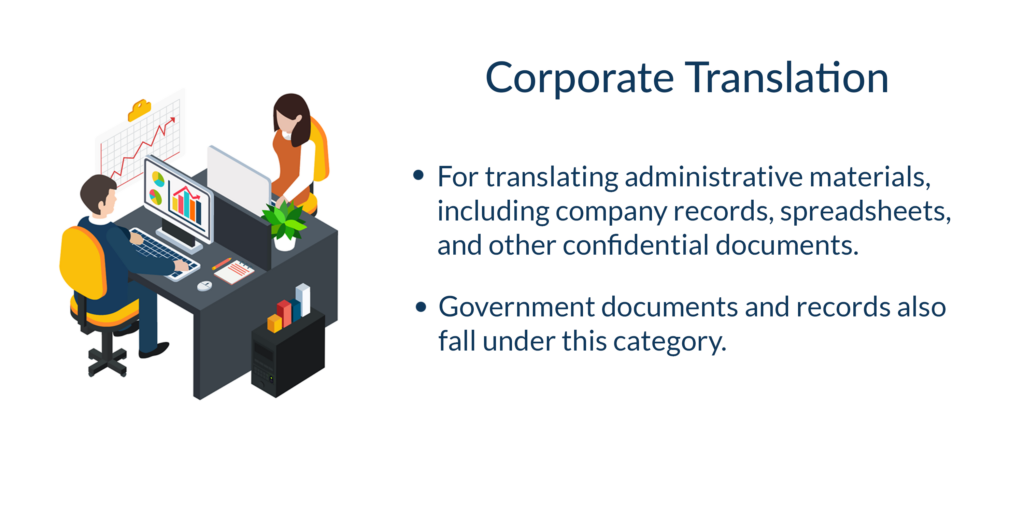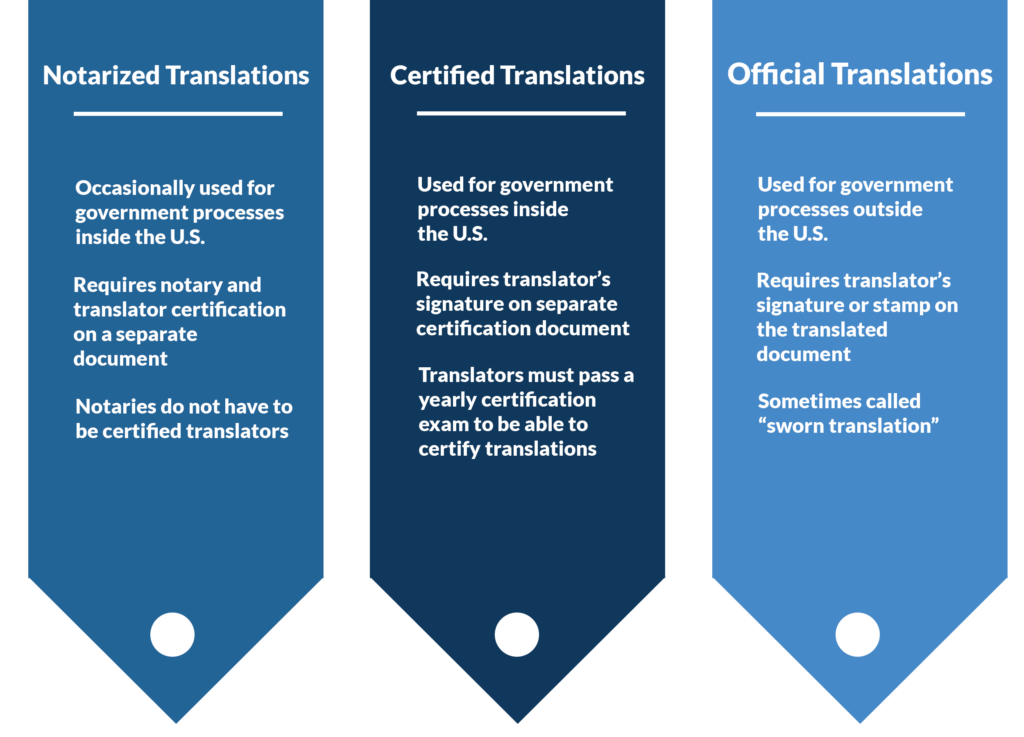Level Up Your Legal Translations
Delegate entire projects to vetted professional legal translators in over 250 different languages. Bring your projects to completion according to your requirements.
These Industry Leaders Trust Traduality with their Multilingual Projects











Legal Translations Into Any Language, Any Time
Never worry about finding qualified legal translators again. Traduality’s platform features professional legal translators who have successfully passed our rigorous vetting process.

"The interpreters and technical support who worked with our organization provided an excellent service to the members and guests who joined our webinar. They were efficient and clear, and we able to adjust to any technical difficulties that we faced. They were also friendly."

"Traduality did amazing work for us! They were accurate with their translation and delivered on time."

"Always prompt and friendly replies, and delivered on time! Thorough feedback and answers when requested. Would definitely recommend working with this team for Spanish needs! Traduality is my go-to vendor for Mexican Spanish."
Legal Translation Made Simple and Affordable
Traduality’s worldwide network of of translators and interpreters are here to help. Break down language barriers between you and your customers while ensuring proper compliance along the way.

Traduality Makes Finding Legal Translators Simple
Improve Turnaround
Share files, engage in Q&A, and even store invoices using our simple platform.
Reduce Search Times
Access vetted language experts in translation, localization, interpretation, subtitling, and more.
Consistent Quality
Our AI-powered technology keeps your projects consistent across translators.
Start using Traduality Free
Find vetted linguists faster, while keeping projects organized.
Notarized Translations Online: Everything You Need to Know
When it comes to receiving translated documents, some institutions require additional information to ensure that the translation is as accurate as possible. Government processes like getting a driver’s license, traveling abroad, immigration, and court proceedings all require translations certified by a translator, stating that the translated document is as accurate as possible. While these kinds of translations are important for bureaucratic purposes, they aren’t particularly useful in the world of marketing translation. If you are looking for ways to translate your marketing content, check out our page containing everything you need to know about marketing translation.
However, there’s a difference between certified and notarized translations. Although some translation agencies use the terms interchangeably, the differences between the two are subtle yet significant enough to require different terms.
Check out everything you need to know about certified, notarized, and official translations here:
What is a Certified Translation?
Let’s start with certified translations. A certified translation has been signed by a translator, confirming the translation is as accurate to the original document as possible. In the United States, certified translations feature a signed affidavit that includes the translator’s name, confirmation that the translation is accurate, the translator’s signature, and the date of signing.
Do Translations Need to Be Certified?
Not every translation needs certification, and not every certification indicates a quality translation. Certified translations are only needed when working with government processes, as they indicate impartiality and accuracy to government officials. In other countries, notarized translations and official translations fill the same role.
Do I Need a Certified Translation for USCIS?
The United States Citizenship and Immigration Services manage long-term travel, residency, and citizenship in the US. Whenever someone travels to the United States, leaves the country for an extended period, returns from working or studying abroad, or applies for citizenship, the USCIS handles the red tape.
Similar to the DMV, the USCIS often requires extensive documentation for its processes. Documents like birth certificates, driver’s licenses, academic transcripts, and personal records are essential for safe and lawful emigration. Since the USCIS handles international affairs frequently, they’re bound to encounter documents in other languages. Thus, the USCIS requires that all non-English documents be submitted with an accompanying English translation. This translation, of course, has to be certified.
How do You Make a Certified Translation?
To make a certified translation, a translator must completely translate the document in question. Then, they’ll have to create a certification to go with it. In the US, this certification typically comes as an affidavit the translator attaches to the translated piece. On the affidavit, the translator must include:
- Their name and credentials.
- The name of the translated work.
- The language the work was translated into.
- Confirmation that the translation is complete, accurate, and unbiased.
- The translator’s signature.
- The date the translation was certified.
Can I Translate and Certify a Document?
To certify a translated document, you’ll need a translator. But this begs the question. If you are a translator, can you certify your own translations?
The answer is a bit complicated.
While it is possible for a translator to certify their own translation, the practice is generally frowned upon if they use it for personal goals. So, let’s say a translator returns home from their time studying abroad. While they could translate and certify their academic transcripts and other paperwork, there would be implicit bias in doing so, and the action would be frowned upon. It would be better for the translator to request assistance from a colleague or another person in the industry instead.
What is a Notarized Translation?
Let’s talk about notarized translations. Like certified translations, a notarized translation features an affidavit alongside the translated work with the translator’s name, qualifications, and statement that the translation is accurate. However, a notarized translation is signed not just by the translator; a notary must also be present to sign the affidavit.
Like certified translations, notarized ones are most often used for government processes. While they aren’t always required in the United States, many other countries like Germany will require them.
What is a Notary?
For those wondering, not anyone can be a notary. Notaries are people certified by state, local, or national governments as impartial witnesses. A notary’s job is to act as an official state representative to prevent potential fraud, typically when signing documents. Notaries screen signers to confirm their identity, willingness to sign a document, and whether or not they fully understand what they’re signing. Life-changing processes like name changes and prenuptial agreements require a notary’s presence when signing.
Notarized Translation vs. Certified Translation
The main difference between a certified translation and a notarized translation is the presence of a notary. However, a few other differences between the two make them distinct. For starters, certified translations are designed to confirm a translation is accurate, while notarized translations are more about following appropriate government processes. Notarized translations ensure that an impartial government representative witnessed the certification process and confirmed the translator’s identity and qualifications before signing the affidavit. In addition, some government entities might not require notarized translations, while others do. If you’re unsure whether you need a notarized or certified translation for your documents, feel free to schedule a consultation— we’ll help you at no cost.
What is a Notarized Translation Service?
If you want to get a document translated and notarized, you’ll need to contact a notarized translation service. These agencies specialize in translating and notarizing content so they can provide clients with accurate translations and get them certified or notarized.
Certified and Notarized Translation Examples
So, what kinds of documents can you certify and notarize? As we’d mentioned earlier, while any document could technically be certified, the ones that do need certification are usually official documents issued by the government or a large institution. Common documents in need of notarization or certification include:
- Birth certificates
- Academic transcripts
- Licenses or certifications
- Bank statements
- Legal documents
It is also important to note that every country has different requirements for translated documents. Some countries may require certified translations, while others require notarized translations. Other countries may still need official translations, which we’ll get into later.
Do I Need a Notarized Translation for USCIS?
Previously, USCIS required all non-English documents to come with an accompanying notarized translation. However, this rule was recently changed so that accompanying translations only need certification instead.

Typically, you’ll never need both a certified and notarized translation for government processes.
How do You Make a Notarized Translation?
How exactly do you make a notarized translation? Just like certified translations, you’ll first need to start by translating your content and getting it certified. However, a notary must also be present when the translator fills out the affidavit, certifying their translation is accurate. The affidavit on a notarized translation will require the following:
- The translator’s name and qualifications.
- The notary’s name and qualifications.
- The name of the translated work.
- The language it was translated into.
- The translator’s signature.
- The notary’s signature or stamp.
- The date both the notary and the translator signed the affidavit.
Can I Translate and Notarize a Document?
While it is possible for someone to translate and certify their own documents, they cannot notarize them. Since a notary has to be an impartial third party, they must be different from the person who translated and certified the document. In addition, many government institutions will reject certified translations made by and for the translator—it’s best to have a colleague translate your important documents instead.
What is an Official Translation?
Official translations are another part of the government trifecta. Also known as sworn translations, official translations are often used for government processes, but they aren’t nearly as common in the United States as in other countries. Official translations are more common in countries like Costa Rica, Mexico, Argentina, and Spain.
For a translation to be considered official and recognized by legal authorities, the translator must swear that their translation is accurate and just as legally binding as the source document. Sworn translators also sign or stamp the translated documents once they finish the translation. To become a sworn translator, a professional translator must apply for certification through the state government. Translators then undergo a background check, and after approval, they must take an oath confirming that they will abide by government regulations and remain unbiased in their translations.
What is the Difference Between a Certified Translation and an Official Translation?
The main difference between certified and official translations is the paperwork. While certified translations require a signed affidavit alongside the translation that states the following content is accurate to the source material, official translations only require a professional translator’s seal, stamp, or signature.

Cost Breakdown
Regarding cost, translation prices tend to vary but average around the $50/page mark. Translators may charge more or less for a document depending on several key factors, each of which plays a significant role in the accessibility of your translation, the timeliness with which you’ll receive it, and its legality in the eyes of the government.
How Much Does an Official Translator Cost?
Whether it’s a sworn translator or a certified translator, the price of your translation will vary based on a few things:
- The availability of your language. Some languages are more lucrative for translators than others. For example, English and Spanish are widely spoken, and there’s a high demand for translating content to and from these languages. Other, less-spoken languages, like German or Gaelic, are less common for translators to specialize in, so you may find translations to and from these languages to be more expensive.
- The length of the content you need to translate. Translators usually work on a per-word basis unless they are also transcreating content. Translators’ per-word prices also vary based on their experience.
- The amount of time it takes the translator to translate the document. Translations that require transcreation will typically cost more than those that require direct translations. Transcreation is unnecessary for legal documents and notarized, certified, or official translations.
How Much Should I Pay for Translation Services?
Ultimately, your budget will determine how much you should pay for translation, and finding services that fit your price range can be difficult. When you first speak with a translator, consult them about prices. That way, you can compare and contrast offers to find the best fit for your needs.
Traduality also allows clients to filter translators by price range, allowing users to find translators that suit their needs without breaking the bank. The platform also allows users to filter translators, project types, and prices to help find exactly what you’re looking for.
Online Translation
With the sheer amount of legal, academic, and government content needing translation, you may wonder: Can I get this stuff translated, certified, or notarized online?
In short, the answer is yes! The internet has provided translators with a completely new platform for business. You don’t have to go to a physical translation agency to find a translator these days, and you no longer have to worry about finding a translator nearby that specializes in the languages you need. For extra help finding vetted translators, you can also use online platforms like Traduality to find professional translators specializing in your languages within your price range.
Can I Get a Certified Translation Online?
To find certified translations online, all it takes is a simple search— tons of translators are more than willing to help you translate what you need and provide certification. However, the search can be daunting, so don’t go it alone! Use the help of a translation agency to find the perfect vetted translator for your needs.
Can I Get a Notarized Translation Online?
It is also possible to have a translated document notarized online. If you need a notarized translation, communicate that to your translator or the agency you’re working with; they’ll be able to help you find a notary and ensure that both parties sign the document together.
Need Help?
If you need help finding a notary or someone who can translate and certify your documents, Traduality can match your request with the certified translator you need to ensure that your content is translated accurately, in a timely manner, and at an affordable price. Create your first project today and find vetted translators, or book a meeting with us to get started!
Updated 2/21/2024.
